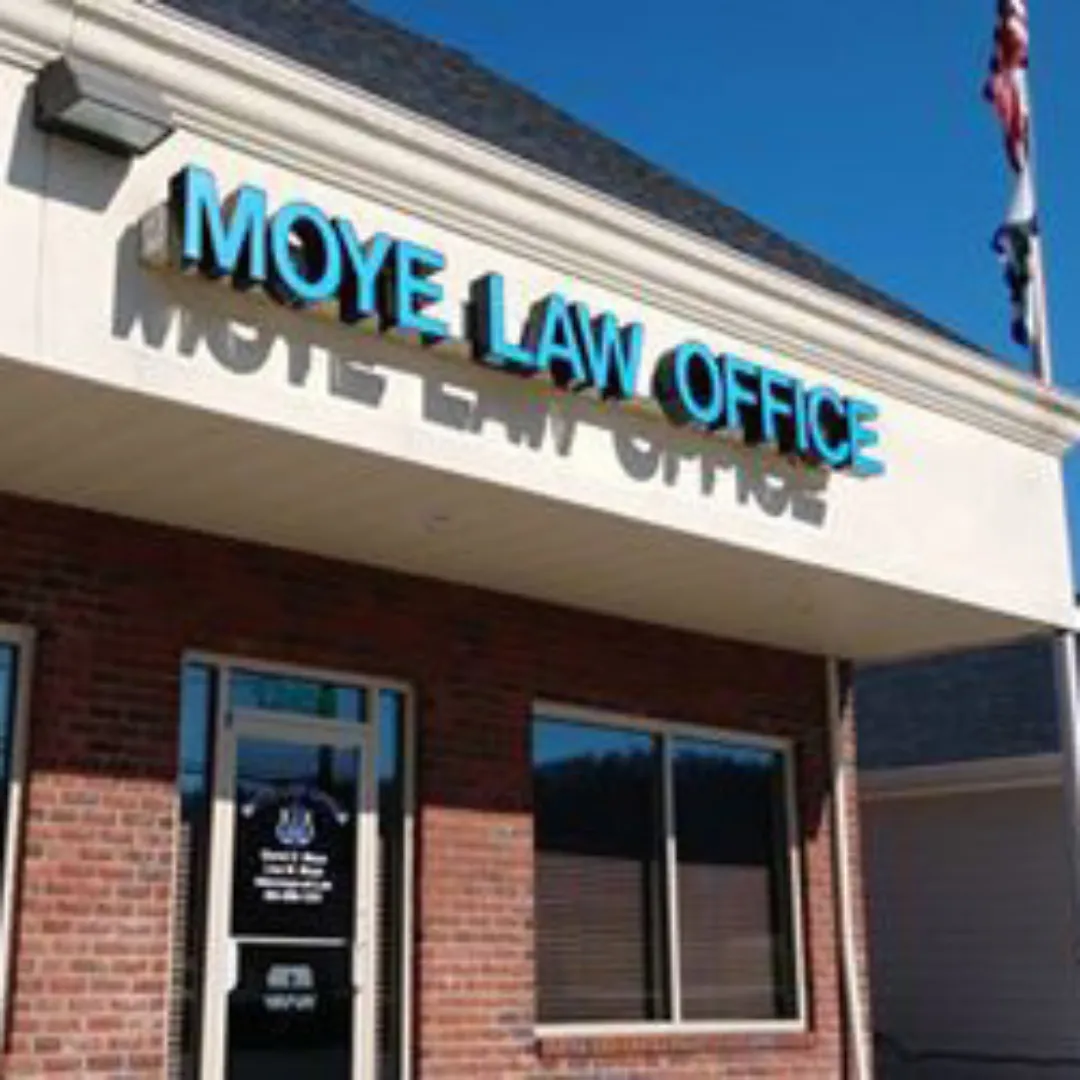
Blog
Blog
Essential Steps to Take Immediately After a Personal Injury Accident for Your Safety and Rights

Essential steps to take immediately after a personal injury accident for your safety and rights
A personal injury accident can strike without warning—whether it’s a car accident, truck crash, slip and fall, or dog bite. Regardless of how it happens, knowing what to do after an accident is crucial—not only for your immediate health and safety but also to protect your legal rights and ensure fair treatment under the law.
Every individual has a constitutional right to seek justice and compensation for injuries caused by the negligence or intentional misconduct of another. In the United States, including states like Florida and Georgia, this is grounded in both criminal law and civil law protections. These include the right to a fair trial, due process, and access to a lawyer or legal aid if needed. Additionally, international documents like the Universal Declaration of Human Rights and the International Covenant on Civil and Political Rights uphold the dignity and freedom of speech of all individuals—even after traumatic accidents.
Below are the essential steps to take immediately after a personal injury accident to safeguard your health, rights, and potential personal injury claim:
1. Prioritize safety and seek emergency medical attention
Call 911 or emergency services if anyone is injured.
Move to a safe area to prevent further injury from oncoming traffic.
Accept medical evaluation even if injuries seem minor—bodily injury symptoms like pain and suffering often appear later.
Secure a copy of your medical records as early evidence of your injuries.
2. Report the incident and request law enforcement assistance
Always file a police report, even for a minor accident.
If applicable, request a police officer to issue a search warrant if evidence needs to be preserved.
Document the badge numbers of responding law enforcement.
Ensure the details are recorded accurately in the report—this is vital for a potential personal injury lawsuit or criminal defense case if assault, domestic violence, or driving under the influence (DUI or DWI) is involved.
3. Collect evidence and witness testimony at the scene
Take photographs of vehicle damage, the road, license plates, property damage, and visible injuries.
Ask for contact info from any witness present. Their testimony can strengthen your case.
If there’s reason to suspect criminal activity (e.g., assault or negligent behavior), make note for your attorney or criminal defense lawyer.
4. Avoid discussing fault or posting online
Do not admit fault or engage in arguments. This may affect your legal liability.
Avoid discussing the accident on social media. Insurance companies and defense lawyers may monitor your posts.
Remember the Miranda warning: you have the right to remain silent. Anything you say may be used against you later in court or settlement negotiations.
5. Notify your insurance company—but be cautious
Contact your auto insurance company or health insurance provider.
Provide factual details only; avoid speculative statements.
Don’t accept a settlement or sign any documents without legal advice.
6. Consult an experienced personal injury attorney
Contact a personal injury lawyer, especially if the accident involved criminal charges, property damage, wrongful death claims, or product liability.
A defense attorney or advocate will explain your rights, evaluate evidence, and help determine causation and fault.
Most personal injury cases operate on a contingent fee basis—no payment unless you win your claim.
7. Understand your rights and legal protections
You have the right to legal representation, equal protection, and freedom from discrimination.
If the accident results in arrest or charges, consult a criminal defense attorney to ensure your right to counsel and presumption of innocence are honored.
Know the statute of limitations for filing a personal injury claim in your state—missing deadlines may bar your cause of action.
8. Track all related costs and losses
Keep records of medical bills, repair estimates, lost wages, and emotional distress.
This documentation supports claims for damages, including punitive damages in cases of extreme misconduct.
Legal claims may involve elements like intentional infliction of emotional distress, premises liability, or strict liability depending on the nature of the accident.
Final thoughts
The moments following a personal injury accident are critical—not just for your health, but for your rights. Whether you're a plaintiff in a civil case or a defendant navigating the criminal justice system, the law provides tools to pursue justice, uphold human rights, and demand accountability from negligent parties.
By taking these essential steps and working with a qualified law firm or auto injury lawyer, you protect your interests, support your claim, and pave the way toward fair compensation—whether through a personal injury settlement or in court before a jury.
If you or a loved one has been injured, don't wait. Speak with a lawyer who understands both the legal system and your right to pursue dignity, liberty, and financial recovery under the rule of law.
Moye Law Offices
We have two offices in West Virginia: Winfield and Cross Lanes.

CROSS LANES
Essential Steps to Take Immediately After a Personal Injury Accident for Your Safety and Rights

Essential steps to take immediately after a personal injury accident for your safety and rights
A personal injury accident can strike without warning—whether it’s a car accident, truck crash, slip and fall, or dog bite. Regardless of how it happens, knowing what to do after an accident is crucial—not only for your immediate health and safety but also to protect your legal rights and ensure fair treatment under the law.
Every individual has a constitutional right to seek justice and compensation for injuries caused by the negligence or intentional misconduct of another. In the United States, including states like Florida and Georgia, this is grounded in both criminal law and civil law protections. These include the right to a fair trial, due process, and access to a lawyer or legal aid if needed. Additionally, international documents like the Universal Declaration of Human Rights and the International Covenant on Civil and Political Rights uphold the dignity and freedom of speech of all individuals—even after traumatic accidents.
Below are the essential steps to take immediately after a personal injury accident to safeguard your health, rights, and potential personal injury claim:
1. Prioritize safety and seek emergency medical attention
Call 911 or emergency services if anyone is injured.
Move to a safe area to prevent further injury from oncoming traffic.
Accept medical evaluation even if injuries seem minor—bodily injury symptoms like pain and suffering often appear later.
Secure a copy of your medical records as early evidence of your injuries.
2. Report the incident and request law enforcement assistance
Always file a police report, even for a minor accident.
If applicable, request a police officer to issue a search warrant if evidence needs to be preserved.
Document the badge numbers of responding law enforcement.
Ensure the details are recorded accurately in the report—this is vital for a potential personal injury lawsuit or criminal defense case if assault, domestic violence, or driving under the influence (DUI or DWI) is involved.
3. Collect evidence and witness testimony at the scene
Take photographs of vehicle damage, the road, license plates, property damage, and visible injuries.
Ask for contact info from any witness present. Their testimony can strengthen your case.
If there’s reason to suspect criminal activity (e.g., assault or negligent behavior), make note for your attorney or criminal defense lawyer.
4. Avoid discussing fault or posting online
Do not admit fault or engage in arguments. This may affect your legal liability.
Avoid discussing the accident on social media. Insurance companies and defense lawyers may monitor your posts.
Remember the Miranda warning: you have the right to remain silent. Anything you say may be used against you later in court or settlement negotiations.
5. Notify your insurance company—but be cautious
Contact your auto insurance company or health insurance provider.
Provide factual details only; avoid speculative statements.
Don’t accept a settlement or sign any documents without legal advice.
6. Consult an experienced personal injury attorney
Contact a personal injury lawyer, especially if the accident involved criminal charges, property damage, wrongful death claims, or product liability.
A defense attorney or advocate will explain your rights, evaluate evidence, and help determine causation and fault.
Most personal injury cases operate on a contingent fee basis—no payment unless you win your claim.
7. Understand your rights and legal protections
You have the right to legal representation, equal protection, and freedom from discrimination.
If the accident results in arrest or charges, consult a criminal defense attorney to ensure your right to counsel and presumption of innocence are honored.
Know the statute of limitations for filing a personal injury claim in your state—missing deadlines may bar your cause of action.
8. Track all related costs and losses
Keep records of medical bills, repair estimates, lost wages, and emotional distress.
This documentation supports claims for damages, including punitive damages in cases of extreme misconduct.
Legal claims may involve elements like intentional infliction of emotional distress, premises liability, or strict liability depending on the nature of the accident.
Final thoughts
The moments following a personal injury accident are critical—not just for your health, but for your rights. Whether you're a plaintiff in a civil case or a defendant navigating the criminal justice system, the law provides tools to pursue justice, uphold human rights, and demand accountability from negligent parties.
By taking these essential steps and working with a qualified law firm or auto injury lawyer, you protect your interests, support your claim, and pave the way toward fair compensation—whether through a personal injury settlement or in court before a jury.
If you or a loved one has been injured, don't wait. Speak with a lawyer who understands both the legal system and your right to pursue dignity, liberty, and financial recovery under the rule of law.
Moye Law Offices
We have two offices in West Virginia:
Winfield and Cross Lanes.

CROSS LANES
We Are Here To Help
Do you have a query or problem that you would like to talk about, or are you curious to hear more about how we can help you?
Get in touch today! We look forward to hearing from you.
Assistance Hours
Monday – Friday: 8:30am – 4:30pm
Saturday: By appointment only
Sunday: CLOSED
Subscribe to our Newsletter
We Are Here To Help
Do you have a query or problem that you would like to talk about, or are you curious to hear more about how we can help you?
Get in touch today! We look forward to hearing from you.
Assistance Hours
Monday – Friday 8:30am – 4:30pm
Saturday: By appointment only
Sunday CLOSED

